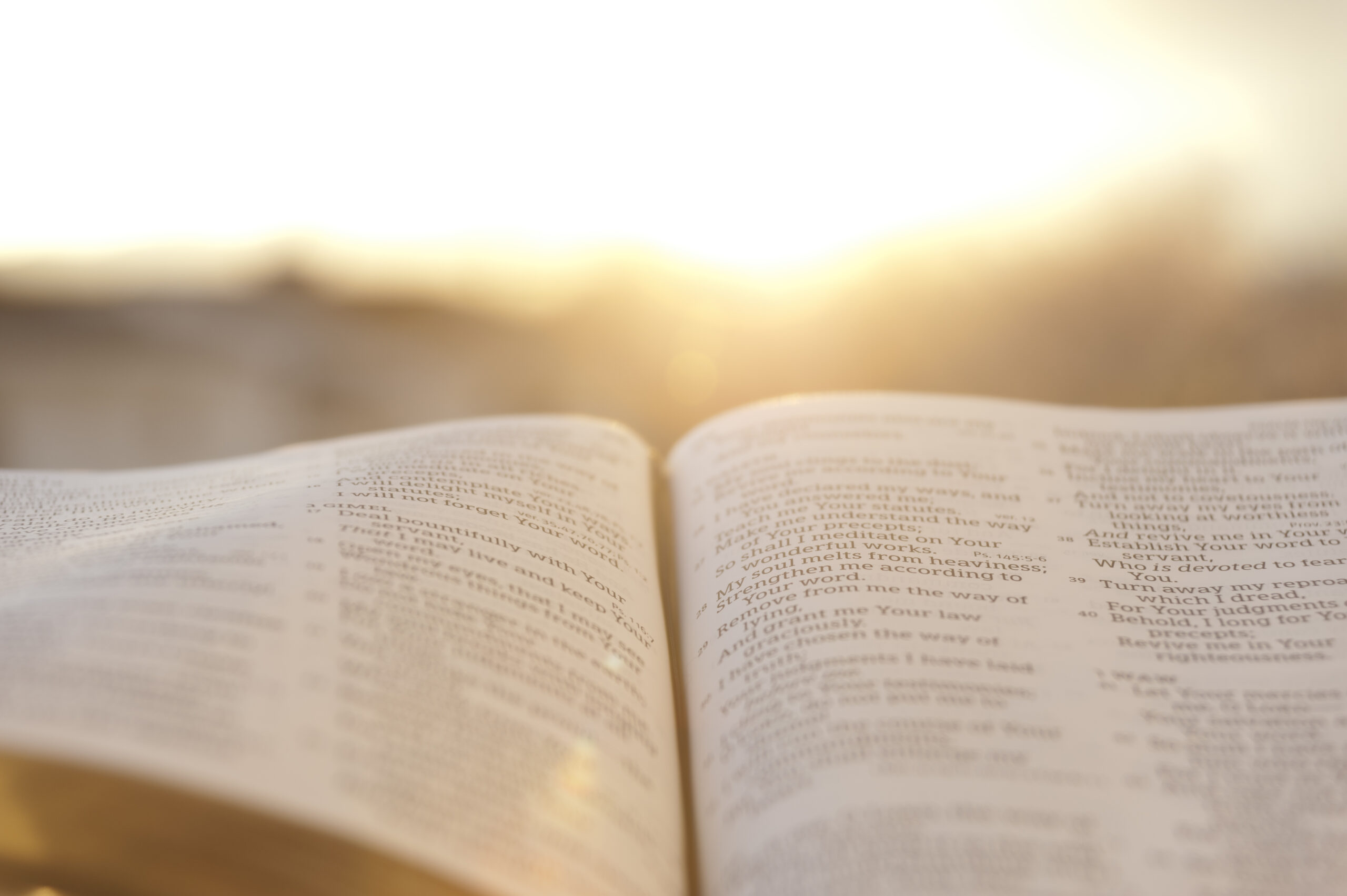The story of Zacchaeus has been following me around lately, between Gospel readings and Lectio Divina reflections and opening prayers at Confirmation sessions.
So I have to wonder – what is the Lord trying to tell me by repeatedly sharing this passage with me in different ways? What, then, am I able to share with all of you?
First, there is always a way to “see” the Lord, no matter the circumstances. Zacchaeus was a tax collector and a rich man – someone that the Israelites despised and looked down upon for his actions. Yet Zacchaeus still had a desire to see the Lord! When Jesus was passing through, Zacchaeus then proved to be resourceful and climbed a tree, knowing that he was too short to see Jesus on his own.
There is an innate desire for God written on all of our hearts, one that never wavers or goes away. Even when we sin and struggle, even when we don’t know it, we want to see God. Sometimes that means knowing our own limitations and getting creative in order to see the Lord. Climb a tree if you have to. Do whatever it takes to see and know the Lord.
Second, Jesus knows where to find us and he will come seek us out. Jesus knew that Zacchaeus was up in a tree, knew exactly which tree it was and came directly to Zacchaeus in that tree. The Lord can and will work around our limitations. He knows exactly where we are and He will come to find us. Don’t try to hide from Him.
Third, Jesus extends a personal invitation to each of us. Jesus asked Zacchaeus to dine in his house around his table. God calls each of us to gather together and dine at His table – the altar – every week for the Holy Sacrifice of the Mass. This is where we have the most personal, face-to-face encounter with the Lord when we receive Him in the Eucharist. May we continue to seek out these encounters with a renewed desire and appreciation for the Mass.
Finally, the invitation that Jesus offers us includes a call to repentance. When the crowd heard who Jesus asked to dine with, they grumbled that Zacchaeus was a sinner. We are all sinners ourselves. One of the most joyous aspects of this passage is Zacchaeus’ change of heart, in repaying what he had taken from people and giving his possessions to the poor. Our change of heart takes place in the confessional. Our repayment takes the form of admitting our sins, giving them over to Jesus in contrition and the words of absolution. We are offered the chance at repentance and forgiveness – receive His mercy in the Sacrament of Reconciliation.
With all of the lessons that we can learn, may we strive to follow in the footsteps and echo the words of Zacchaeus, who sought out the Lord at all costs, who was found, who recognized his faults and who found the hope of salvation through Jesus.
 Erin Madden is a Cleveland native and graduate of the Franciscan University of Steubenville. Following graduation, she began volunteering in youth ministry at her home parish of Holy Family Church. Her first “big girl” job was in collegiate sports information where, after a busy two years in the profession on top of serving the youth, she took a leap of faith and followed the Lord’s call to full-time youth ministry at St. Peter Church. She still hopes to use her communication arts degree as a freelance writer and statistician, though. You can catch her on the Clarence & Peter Podcast on YouTube as well as follow her on Twitter @erinmadden2016.
Erin Madden is a Cleveland native and graduate of the Franciscan University of Steubenville. Following graduation, she began volunteering in youth ministry at her home parish of Holy Family Church. Her first “big girl” job was in collegiate sports information where, after a busy two years in the profession on top of serving the youth, she took a leap of faith and followed the Lord’s call to full-time youth ministry at St. Peter Church. She still hopes to use her communication arts degree as a freelance writer and statistician, though. You can catch her on the Clarence & Peter Podcast on YouTube as well as follow her on Twitter @erinmadden2016.












